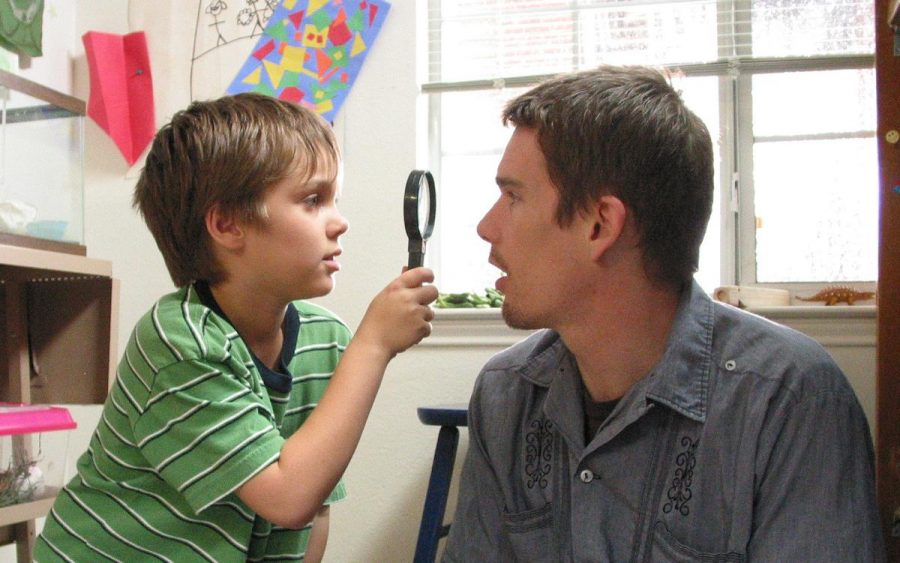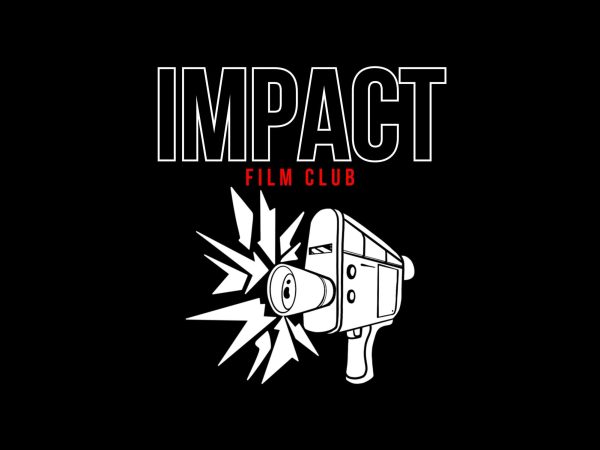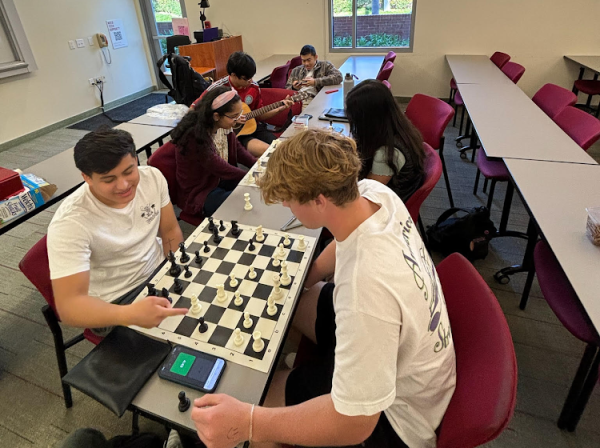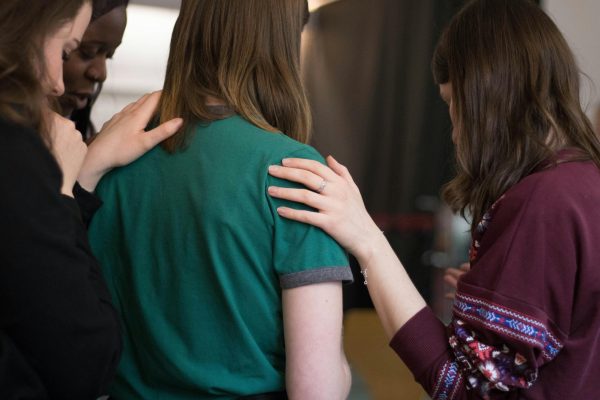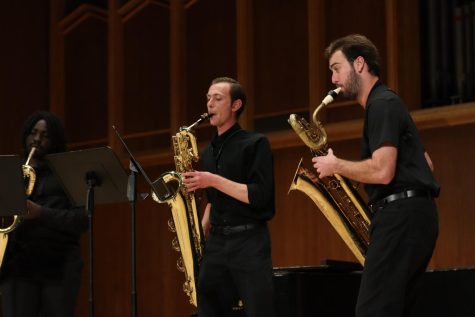“Boyhood” – An Intimate Epic
In a subtle and seemingly random collection of moments, “Boyhood” chronicles the journey of one boy through adolescence, and reminds us of the beauty there is to be found in every part of our lives.
August 27, 2014
Imagine this:
A shaggy Richard Linklater, early 40s, with a casualness that betrays a fierce intelligence, strides into the slick Hollywood office. He takes a seat in front of a clean-shaven development executive and begins, “Alright, man, I got the idea for my next movie!”
“Let’s hear it, Rick.” the baby-faced exec eagerly replies.
“We’re gonna follow this kid – a boy. Six years-old, wide-eyed, curious.”
“I’m tracking.”
“Up until eighteen, just as he’s entering college, we stop.”
“Uh-huh.”
“We’re gonna watch the kid grow.”
“Right, right. So, we get different actors for the different years. I like it.”
“No. We’re gonna follow this one kid. We’re going to film a little bit each year, and then twelve years from now, we’ll have a movie.” Rick leans back and smiles.
The executive blinks. “Are you telling me you want to make a movie that we won’t see for over a decade? Rick, are you crazy?”
Linklater crosses his arms. “Yep.”
Linklater, writer, director and mastermind of the “Before…” series, might have had a conversation like this while finding funding for his latest opus, “Boyhood.” It is easy to understand why. In what world does it seem like a conventionally interesting idea to make a movie simply about a boy growing up? Even the most artistic of us would initially balk at such a strange concept. Ninety-nine percent of people would turn that idea into something pretentious, contrived or worst yet, boring.
As you have probably already heard, “Boyhood” possesses none of those unfortunate qualities. The movie sneaks up on your emotions in the subtlest of ways. What seems like a random collection of intimate and ordinary scenes begins to amount to something grander, more powerful and more special than we could imagine. It chronicles a life.
.jpg)
What makes Boyhood so resonant is its relatable nature. Linklater avoids the obvious milestones of living – weddings, funerals, graduations – in favor of moments more specific. We follow Mason, our protagonist, living his life over the course of twelve years. From his perspective, we see friends come and go, parents divorce and remarry, random experiences with girls and various vices. The movie gives college students a unique vantage point by ending with Mason reaching our age.
This film feels like watching a home video. You see yourself in Mason’s struggles, his victories and his bittersweet revelations. The saying goes that “hindsight is 20/20.” There is something almost mythic in reliving your childhood. As you watch Mason claw his way through the ambiguous mess of adolescence, a profound sense of familiarity washes over.
Ultimately, “Boyhood” is a movie about the passing of time. Haircuts change, music changes, clothes change, school changes, but we do not completely change – we simply grow and mature. What “Boyhood” shows us is that the culmination of our experiences and our reactions to those experiences make up our identity. Our lives may seem ordinary, but when the seemingly random events of our upbringing are viewed as a whole, they are anything but. The best metaphor for this concept comes directly from the movie itself. Ethan Hawke, who plays Mason’s father, gives him a mixtape of The Beatles’ solo work. As individual pieces, they sound incomplete, missing a spark. But, when viewed together, something magical happens – The Beatles come to life. The same experience comes with our childhood.
As we find ourselves roaming the halls of our new college campus just like Mason in the traditional next chapter, we look back with a sharp pang of nostalgia. We know the old world lies forever behind. A new adventure rests before us. We grow a little older and a little wiser.
Also, like Mason, we may have no idea about our beliefs, our convictions or our direction. Many times, our souls are looking for a place to belong. However, just as we survived childhood, this too shall pass. The great symphony of our existence will continue to play on as the music becomes more complex, more soulful and more bittersweet. But, it will sound nothing less than extraordinary.


